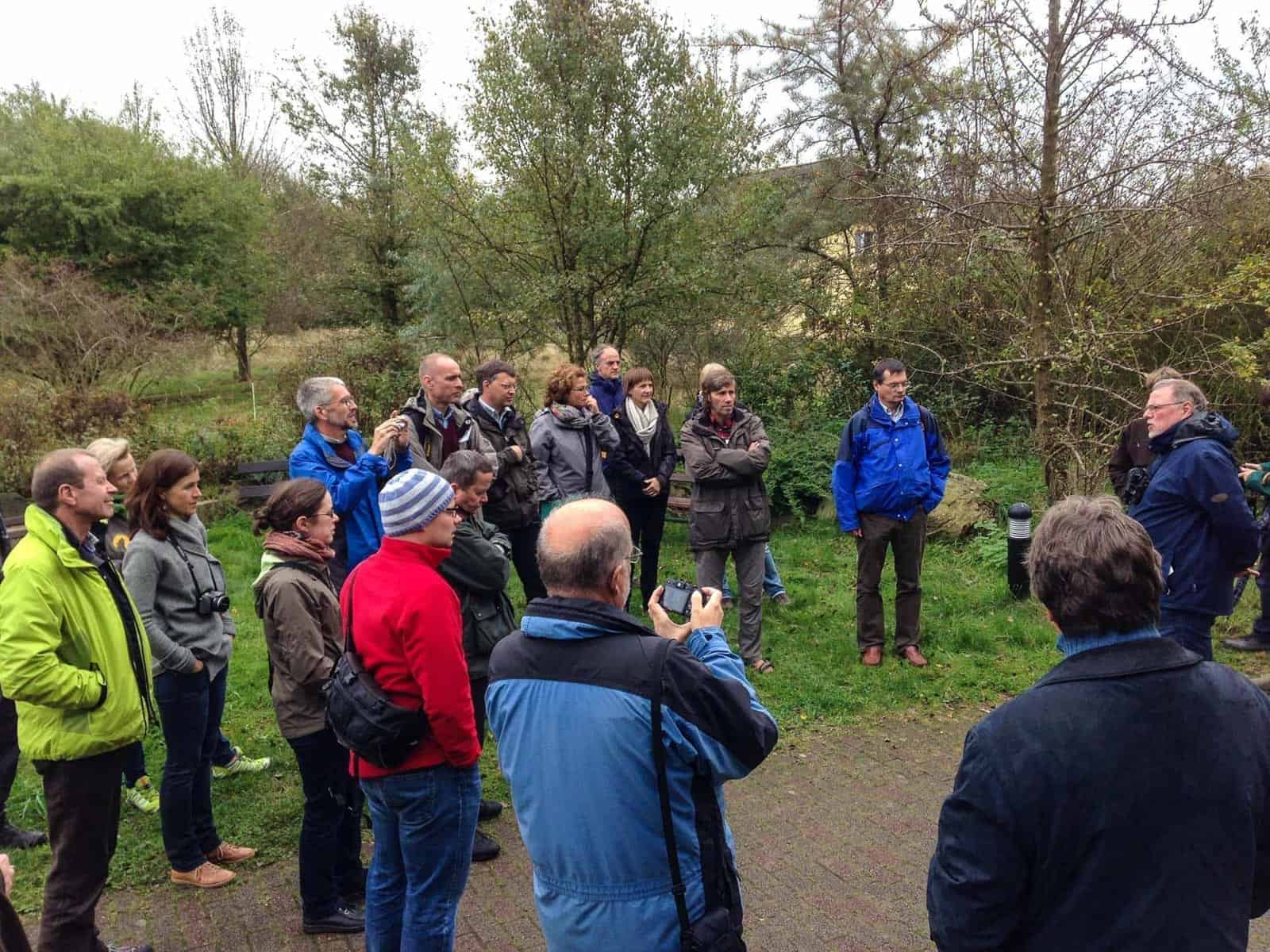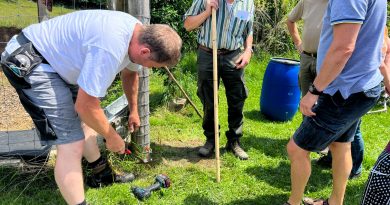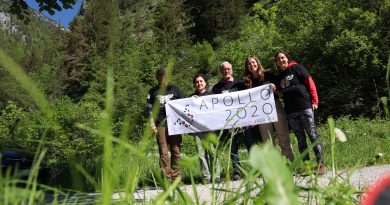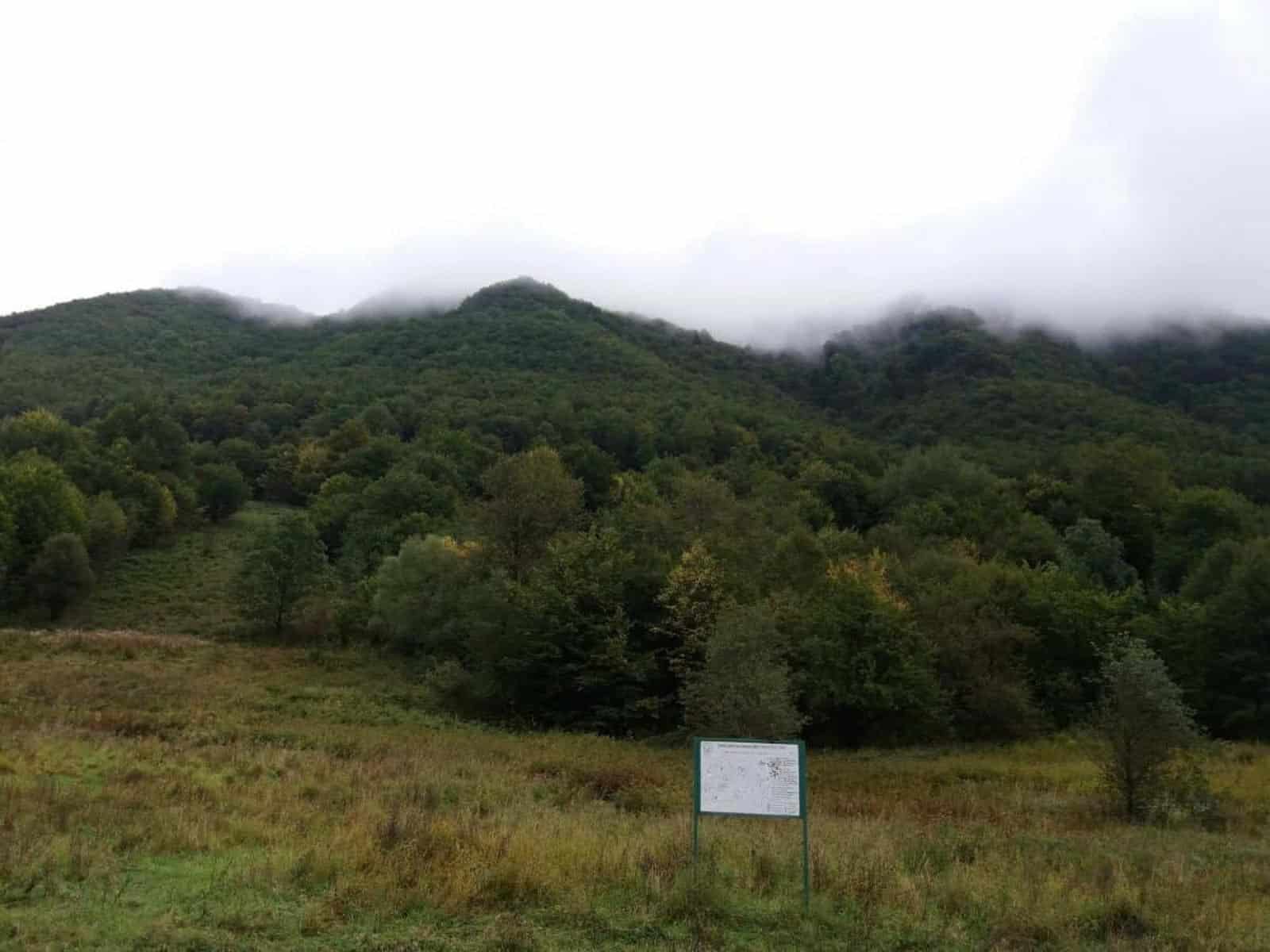Member states slam new EU forest strategy for 2030
Forests are possibly the most important ally in the fight against the climate and biodiversity crisis. They capture massive amounts of carbon, clean air and water, make people happier and keep us cool. They can also provide many sustainable products, if managed well. This includes construction timber, plastic alternatives and renewable energy. The problem is that advocates of these two functions of forests often disagree about how forests should be used. This conflict is now the center of a dispute about the new EU forest strategy for 2030.
The controversy is arising between the European Union and the forestry ministers of several European countries. In its New EU forest strategy for 2030, the European Union has finally listened to scientists and environmental NGOs and acknowledged the benefits of Wilderness and old-growth forest. It includes ambitious goals to protect all remaining old-growth forest in the EU and promote sustainable forest management. The biggest difference to former strategies probably is that it is also very clear how the goals should be achieved and enforced. This probably comes as a reaction to frequent critique that strategies are “teeth-less” products of bureaucrats.
However, many are not so happy about this step. The forestry ministers of six countries have spoken out against the strategy. The ministers of Sweden, Finland, Germany, Austria, Slovakia and France see the new forest strategy as an intrusion in national responsibilities. They claim that forestry should not be managed on a European scale because the national differences in forest types, circumstances, forest use and forestry practices vary too much. In their opinion, national instead of European forestry policies can accommodate better to regional situations. They also criticise that new requirements regarding monitoring of forests will create more unnecessary bureaucracy.
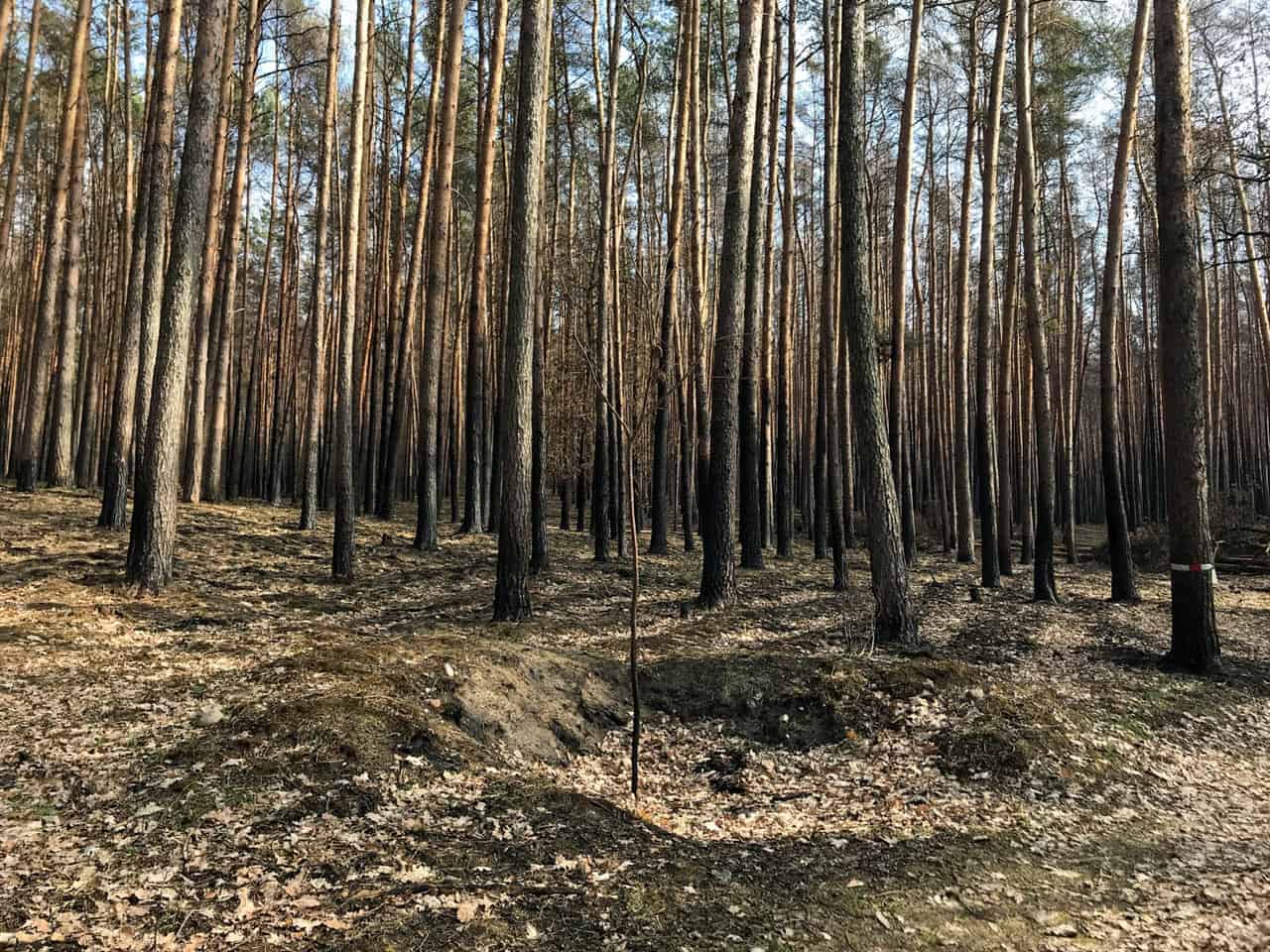
Carbon sink or wood factory?
A main point of disagreement is the the emphasis of different functions of forest. The forest strategy emphasises the importance of forests as natural carbon sinks. Forest owners, foresters, timber industry and biomass energy producers think this does not sufficiently account for the role of forest products to reduce the use of fossil fuels. They also criticise that the strategy takes ecological aspects too important and neglects economic aspects. On the other side of the spectrum, several environmental NGOs think the strategy does not emphasise environmental aspects enough.
All criticism has its justification, but much of it ignores one important factor. We run the risk of losing forests completely if we overuse them. The climate crisis puts massive pressure on forest ecosystems and they can only be resilient against them if they are healthy. Reducing the amount of extracted wood can improve the health of forests and thus ensures that we can use renewable materials forever. The argument that the economic use of forests is green and sustainable is only valid as long as the health and resilience of forest ecosystems come first.
The Austrian minister of agriculture, regions and tourism of Austria, who is also responsible for forestry, said that “we cannot allow the forest to be seen only as a sink for carbon anymore. The successful principle of sustainable forest management clearly encompasses more.” This completely neglects the fact that the economic interests of the forestry industry have always and still dominate the forestry policy. There have been several national and European attempts to increase the percentage of forests without extractive use. None of these attempts have reached their goal and the amount of strictly protected forest has barely increased in Europe.
Despite all the critique, the responsible EU Commissioner for Agriculture, Janusz Wojciechowski, defended the forest strategy and said that it is the best possible compromise taking into account all the functions of forests. Only time will tell how effective the strategy will be, but despite all the criticism, it is an important step towards the protection of European forests.




